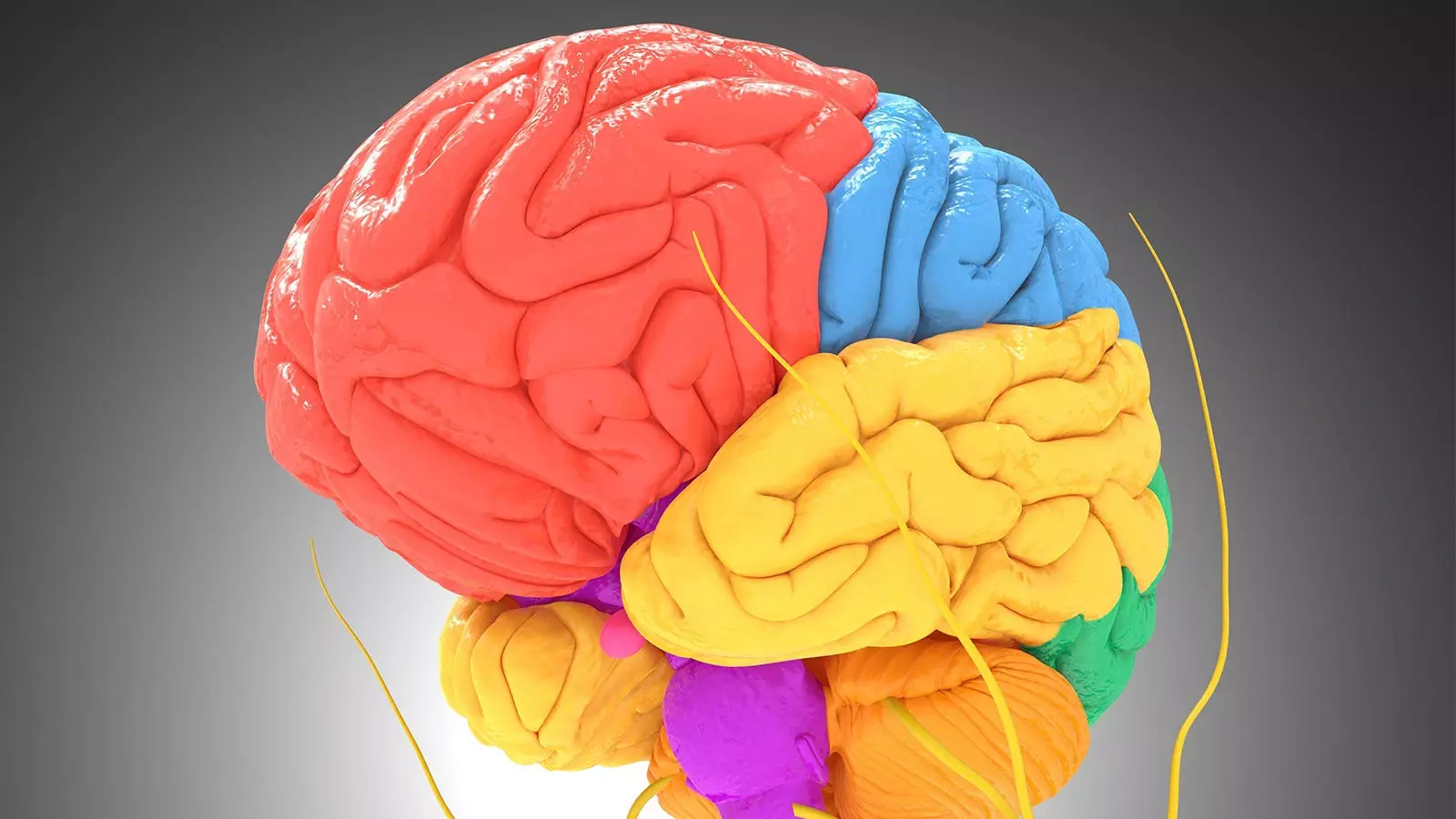In a groundbreaking observational study, researchers from the University of California San Francisco (UCSF) have demonstrated the potential of smartphone mobile applications in accurately detecting frontotemporal lobar degeneration (FTLD), also known as frontotemporal dementia (FTD). This innovative approach not only showed moderate to excellent internal consistency and test-retest reliability but also revealed strong associations between smartphone test data and disease severity, brain volume, and neuropsychological measures.
Frontotemporal dementia is a complex and heterogeneous group of dementias characterized by progressive atrophy in the frontal or temporal lobes, or both. The average age of onset for FTD is in the mid-50s or 60s, with a significant percentage of cases having a genetic cause. One of the major challenges in diagnosing FTD is the difficulty in distinguishing its symptoms from those of psychiatric disorders, often leading to delayed diagnosis and treatment.
The study conducted by Staffaroni and colleagues included 360 participants categorized into discovery and validation cohorts. The participants were asked to complete cognitive testing remotely using their own smartphones, allowing for easy access and participation. Interestingly, the smartphone tests were found to be more sensitive to early stages of familial FTD, highlighting the potential for early detection and intervention.
The development of a smartphone platform for testing memory and executive functions represents a significant step forward in the field of dementia research. The integration of mobile technology in cognitive testing not only streamlines the diagnostic process but also has the potential to improve monitoring and treatment outcomes in clinical trials. While the researchers do not currently plan to release the mobile app to the public, they see a promising future for its utilization in research and healthcare settings.
Despite the promising results of the study, the researchers acknowledged certain limitations that need to be addressed in future investigations. The study cohort primarily consisted of white, college-educated individuals, which may limit the generalizability of the findings to other demographic groups. Additionally, future studies will focus on the impact of repeated measurements on the reliability and sensitivity of smartphone cognitive testing.
The use of smartphone applications for cognitive testing represents a significant advancement in the detection and monitoring of frontotemporal dementia. The potential for early detection, remote monitoring, and improved clinical trial outcomes highlights the transformative impact of mobile technology in dementia care. As research in this area continues to evolve, the integration of smartphone cognitive testing into clinical practice offers new possibilities for personalized and effective dementia care.



Leave a Reply